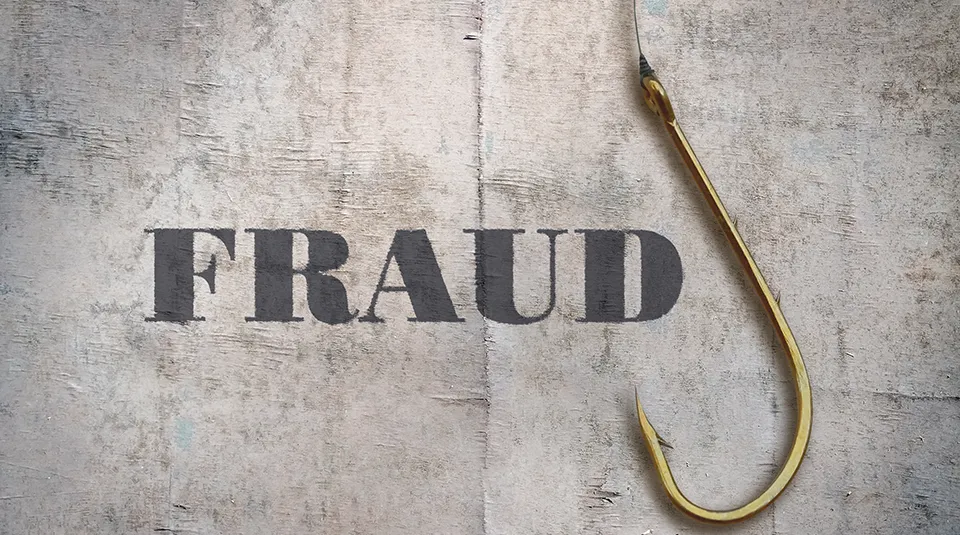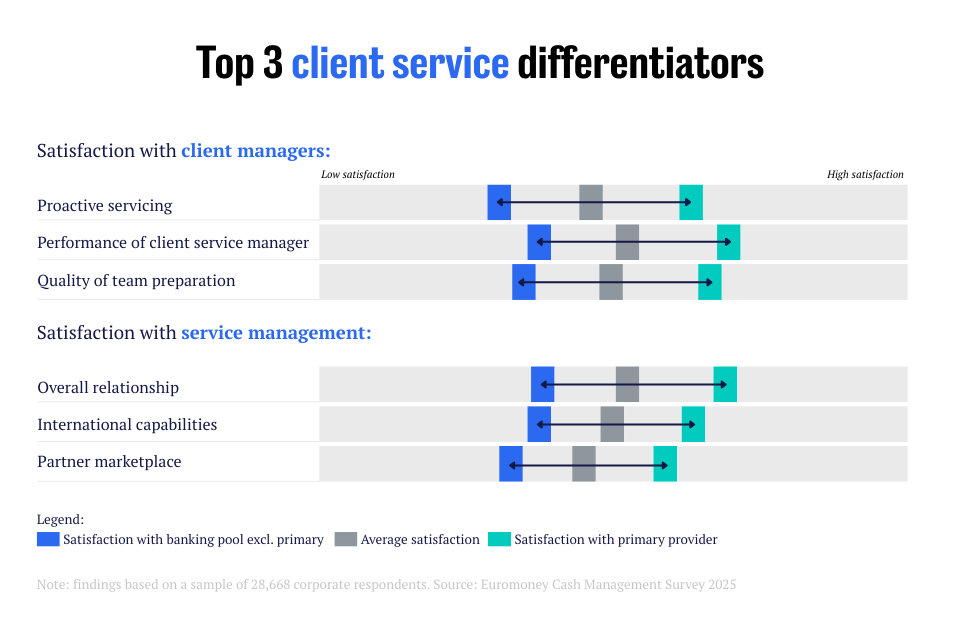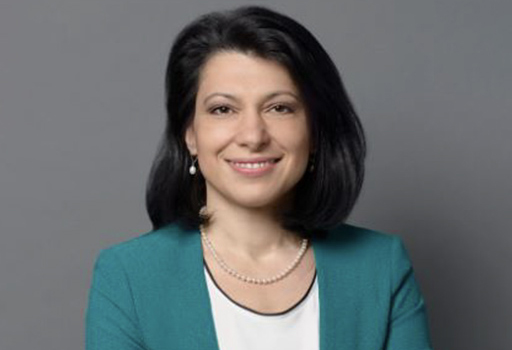A recent survey by the Association of Certified Fraud Examiners (ACFE) revealed that 48% of companies polled had experienced an increase in employee embezzlement since the start of the Covid-19 crisis – an increase of almost a half compared with the start of the pandemic.
More than two-thirds expected employee embezzlement to increase further during the next 12 months, with a quarter predicting a notable increase.
Perhaps more worryingly from a treasury perspective, almost two-thirds of attendees at the annual conference of Cifas – the UK fraud prevention service – suggested that fraud might become more ‘acceptable’ to the public amid the pandemic and economic downturn.
Access intelligence that drives action
To unlock this research, enter your email to log in or enquire about access





